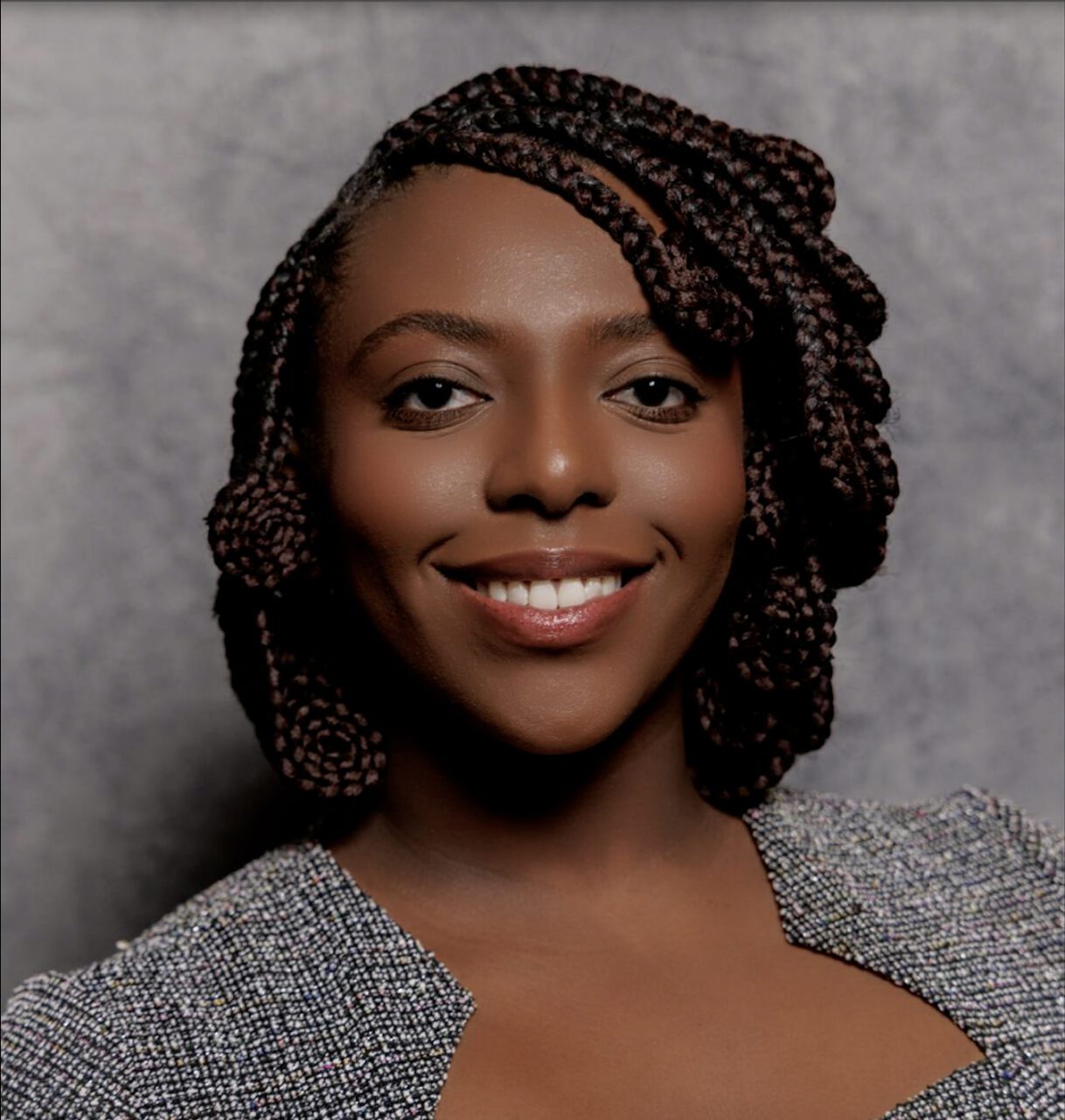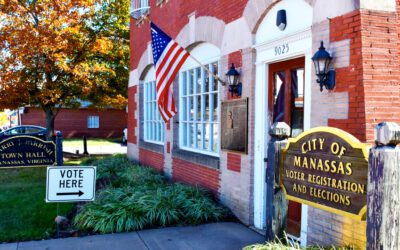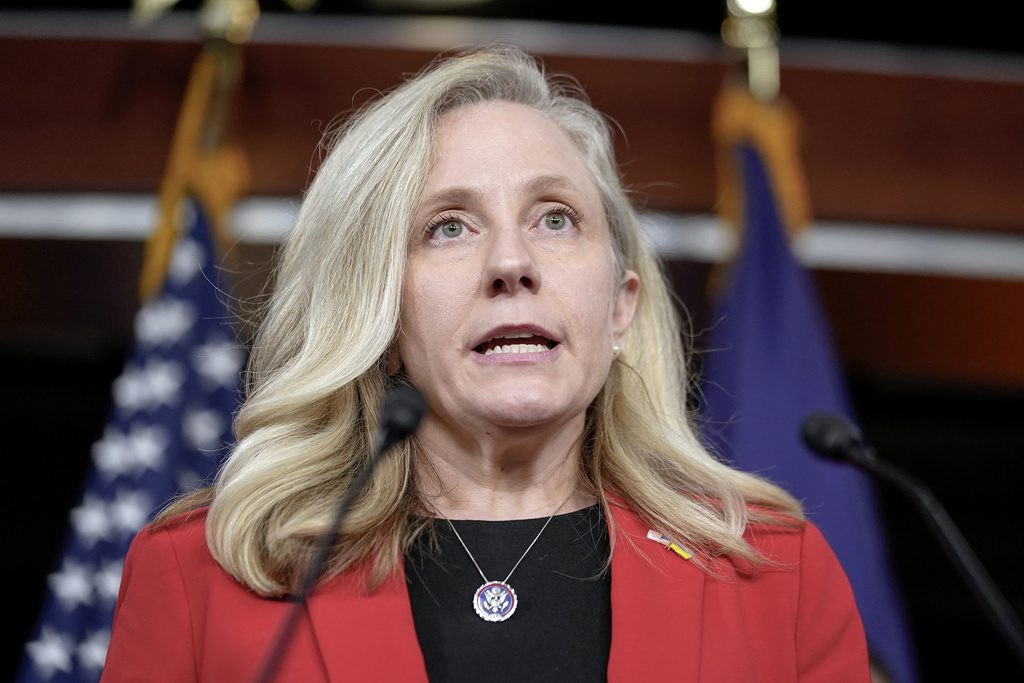
Rep. Abigail Spanberger, D-Va., speaks during a news conference on national security legislation on Capitol Hill, Feb. 13, 2024, in Washington. (AP Photo/Mariam Zuhaib, File)
Education, jobs, health care, and business—Virginia’s governor will set the direction for a decade.
Governors aren’t just state managers—they can set the tone for democracy itself. They control state budgets, decide whether to sign or veto laws, and appoint officials who oversee elections. In some states, governors also certify election results and direct how federal funds are spent.
Think about Maryland’s Wes Moore, who has made health care more affordable and expanded voting access for voters with limited English proficiencies, or California’s Gavin Newsom, who said he would launch a special election to approve redrawn congressional maps aimed at countering Republican redistricting efforts in Texas.
Virginia’s next governor will wield similar influence, deciding not only how the commonwealth handles health care and public schools, but also whether Virginia remains the last Southern state without new abortion restrictions.
A race with national stakes
This year’s race is one of only two governor’s contests in the nation, with New Jersey also electing a new leader. Political analysts say both contests are early indicators for the 2026 midterms, when 36 governors and nearly 90 state legislative chambers will be on the ballot. In Virginia, the outcome is especially significant: Democrats already hold narrow majorities in the House and Senate. If Democrat Abigail Spanberger defeats Republican Winsome Earle-Sears, Virginia would become a Democratic trifecta—with unified control of government for the first time in years.
Meet the candidates: Who is Abigail Spanberger?
Abigail Spanberger, the Democratic nominee for governor, is no stranger to high-stakes decisions. She grew up in Henrico County in a family of public servants. Her father, an Army veteran, went on to a career in law enforcement while her mother became a nurse.
A graduate of Virginia public schools, Spanberger went on to study at the University of Virginia before earning an MBA abroad. She later worked for the US Postal Inspection Service, investigating narcotics and child exploitation cases, and then served as a CIA officer, focusing on counterterrorism and international security.
In 2018, she flipped Virginia’s 7th Congressional District—becoming the first Democrat to hold the seat in 50 years and the first woman to represent it. Known as one of Virginia’s most bipartisan lawmakers, she built a record on issues ranging from veterans’ care to lowering prescription drug costs.
WATCH: Who was Abigail Spanberger before she entered the public arena?
She has also been an outspoken supporter of gun safety laws, LGBTQ+ equality, affordable housing, health care, child care, and sustainable energy—priorities that reflect her record in Congress and her campaign promises for the commonwealth.
Spanberger’s reproductive vision for Virginia
Spanberger has put affordability, public education, and reproductive rights at the core of her campaign. Notably, she pledged to protect abortion and contraception access and to fight for The Virginia Right to Contraception Act, a package of two bills vetoed by Republican Gov. Glenn Youngkin twice, that would’ve made those protections permanent.
“No politician should be able to dictate when and whether Virginians have access to contraception,” Spanberger said in a statement following the veto. “Gov. Youngkin’s decision to gut this legislation leaves the rights of Virginians at risk. Women across the country are watching anti-choice politicians block access to birth control and outlaw emergency contraception.”
Spanberger also supports the Reproductive Freedom Amendment, a proposed constitutional amendment that would protect the right to abortion, contraception, and miscarriage care within the state.
According to data from the Guttmacher Institute, Virginia saw the largest increase in clinician-provided abortions of any state last year, with nearly 39,000 procedures in 2024. That’s 5,500 more than the year before. Almost one in four patients came from out of state, up sharply from 15% in 2023, highlighting Virginia’s role as a regional access point for reproductive health care as neighbouring Southern states impose bans and restrictions.
RELATED: People are leaving states with abortion bans, according to study
Resetting the education debate
Four years ago, Youngkin rode a wave of parental frustration over pandemic-era school closures and culture wars into the governor’s mansion. His rallies focused on critical race theory, LGBTQ+ rights, and mask mandates.
Spanberger is offering a different playbook. She talks about fixing crumbling schools, addressing teacher shortages, and making sure kids catch up after pandemic learning loss. She frames her education agenda around “academic excellence” rather than culture wars. As a mom to three daughters in Virginia’s public schools, she said that role often grounds her approach to education and connects her directly to the challenges families face.
READ MORE: The Spanberger strategy: Can this Virginia Democrat reset the politics of public education?
“I have three daughters in Virginia public schools, and I know everything that is possible for so many kids is dependent on the education that they do or don’t get in our public schools,” Spanberger said in an interview with The 19th.
Spanberger’s economic vision
Beyond education and reproductive rights, Spanberger has also laid out a sweeping economic plan. Her “Growing Virginia” agenda calls for raising the minimum wage to $15, expanding apprenticeships and internships for students, increasing affordable housing and childcare, and addressing workforce shortages in fields like health care and teaching.
Additionally, she wants to position Virginia as “America’s Top State for Business” by investing in rural infrastructure, attracting new industries, and expanding global trade through the Port of Virginia and Dulles International Airport.
The contrast with Winsome Earle-Sears
The two candidates represent starkly different visions.
Republican nominee Winsome Earle-Sears, who has served under Youngkin as lieutenant governor since 2022, was born in Jamaica and grew up in New York City. For three years she served as an electrician in the US Marines and was the director of a homeless shelter before going into politics.
When it comes to the issues, Earle-Sears supports a 15-week abortion ban backed by Youngkin and has pledged to “prioritize parents’ rights and basic reading and math skills over ideological grandstanding” in education, according to her campaign website. She is a strong supporter of using taxpayer dollars to expand charter schools and pay for vouchers for private education.
Her record on reproductive rights is clear: she voted against the Right to Contraception Act and has said she is morally opposed to protecting access to abortion, contraception, and IVF.
On LGBTQ+ rights, she has expressed opposition to same-sex marriage and aligned herself with Trump policies that would limit the participation of transgender students in public schools.
Earle-Sears has also leaned heavily into gun rights. She once campaigned while holding an AR-15, has opposed red-flag laws, and supported allowing guns in schools and churches.
Why this matters for democracy
Governors shape how democracy works—from what freedoms residents enjoy, to how schools teach history, to whether voters can access the ballot box without new restrictions.
The governor’s race underscores just how much is on the line in Virginia this year: whether the state remains a safe haven for reproductive rights, whether public schools are strengthened or politicized, and whether democracy here looks more like expansion or rollback.
Early voting begins Sept. 19, while the general election is Nov. 4. Check your registration status here.

Spanberger vs. Earle-Sears: How Virginia’s governor hopefuls compare on abortion, climate, and schools
This November, either Abigail Spanberger or Winsome Earle-Sears will be the first female governor in Virginia’s history. Here’s where each woman...
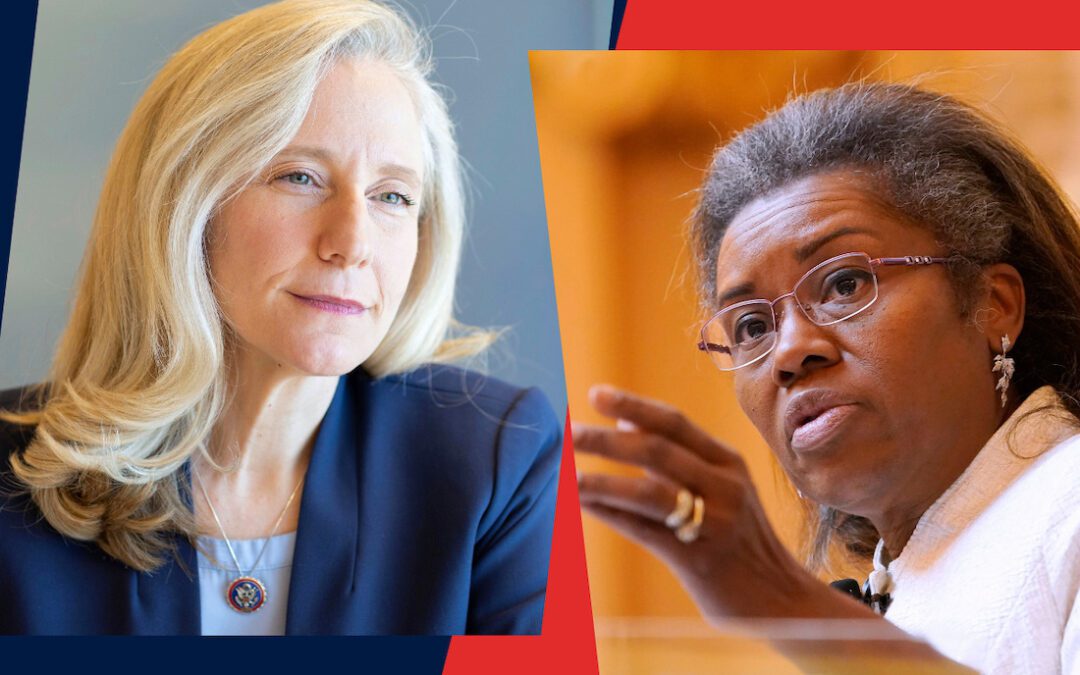
Spanberger supports reproductive rights; Earle-Sears has history of opposing them
Democratic nominee for governor Abigail Spanberger criticized the overturning of Roe v. Wade. Republican nominee, Lt. Gov. Winsome Earle-Sears,...
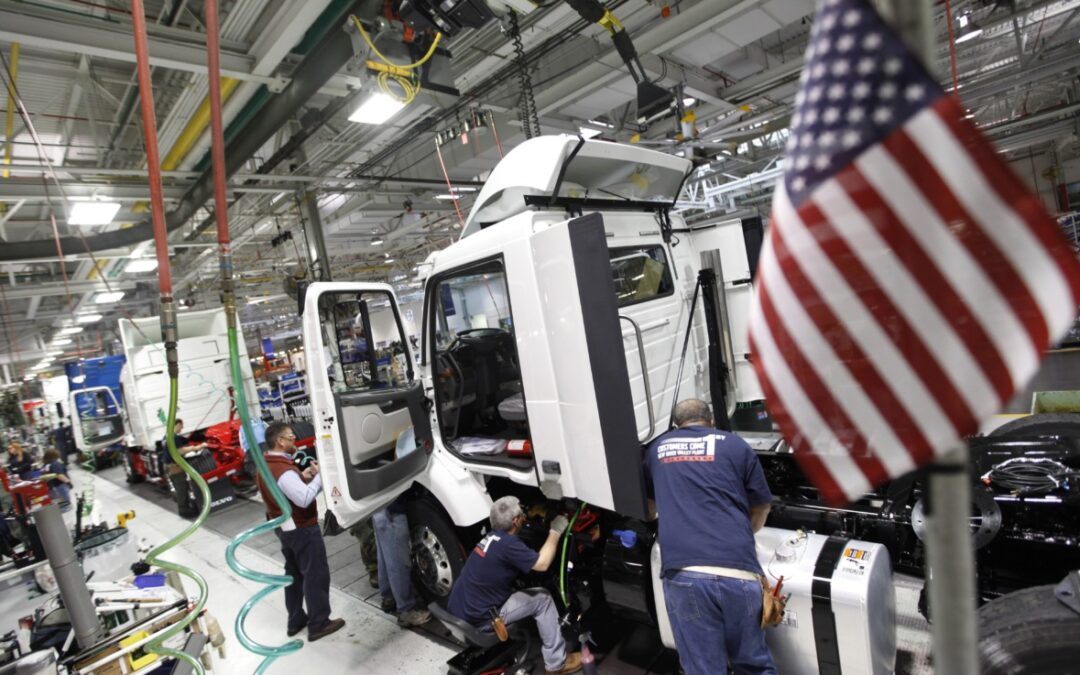
Where Virginia’s gubernatorial nominees stand on the economy
Democratic nominee Abigail Spanberger has a lot to say about economic policy. Her opponent? Not so much. Election Day is just under two months away...
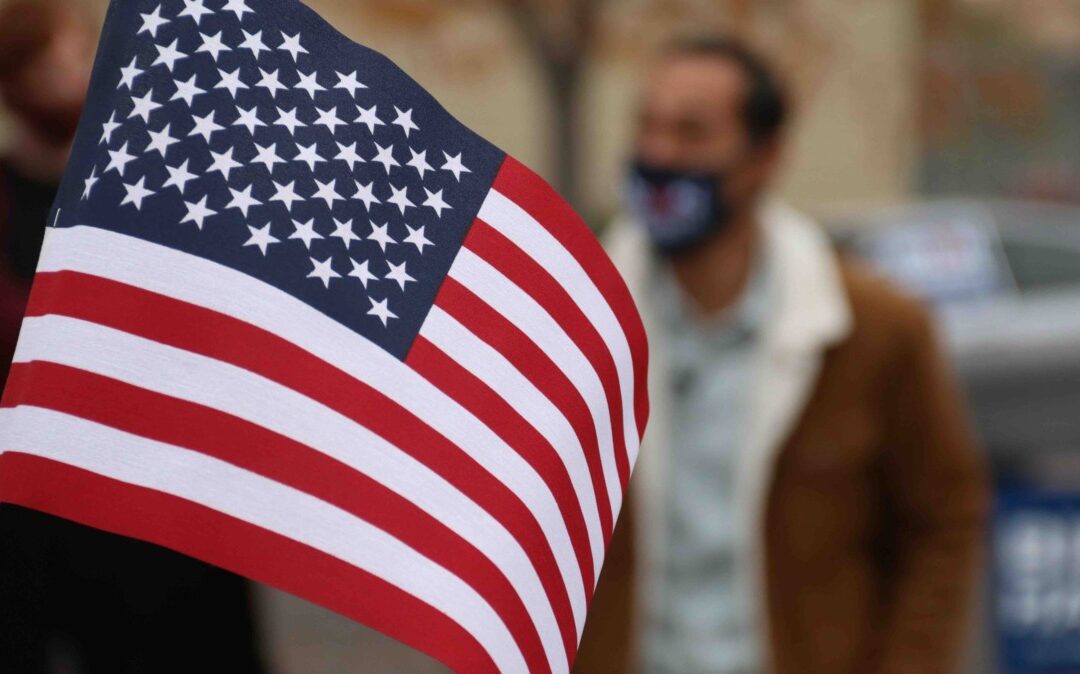
A step-by-step guide on registering to vote in Virginia in 2025
Learn how to check your voter registration status and register to vote with this simple list. So you’re ready to vote in Virginia… or are you?...

Early in-person voting in Virginia: Where, when, and how to vote
With so much at stake in this year’s elections—including deciding who represents you both in the governor’s office and in the Virginia House—voting...
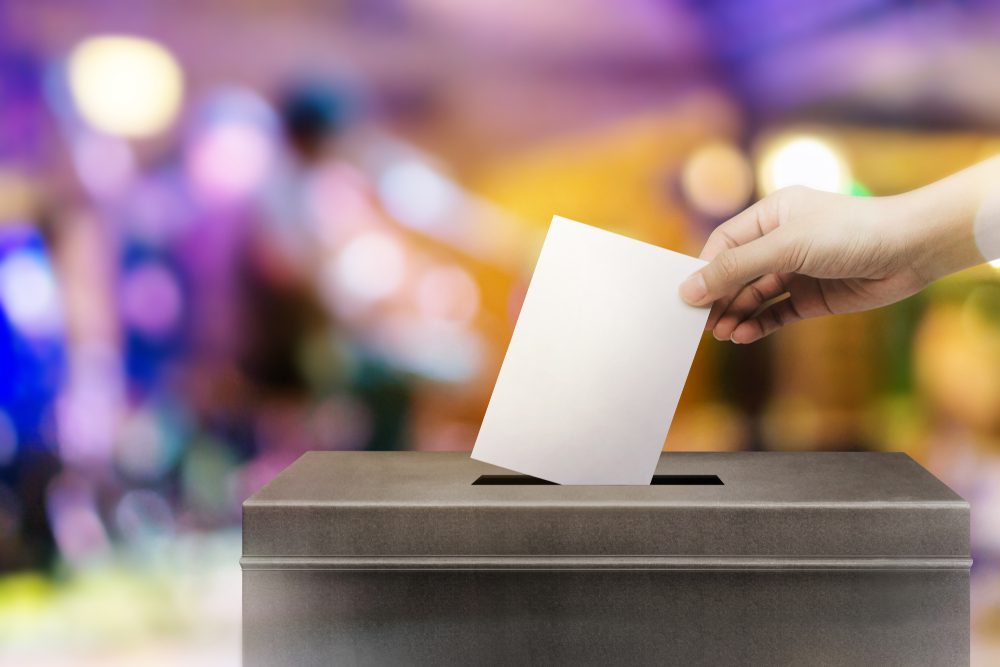
Virginia’s 2025 ballot explained: governor, attorney general, House, more
Wondering what to expect on your Virginia ballot? We break down the various offices you’ll be voting for this year. We have officially entered...


